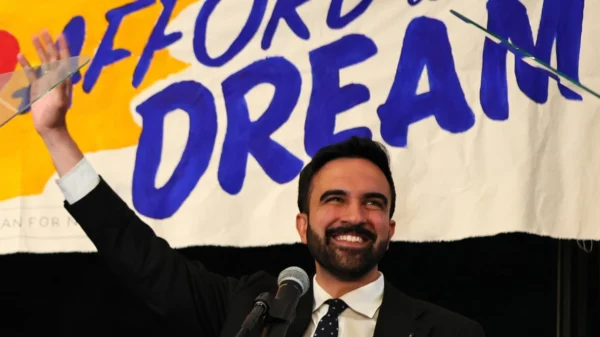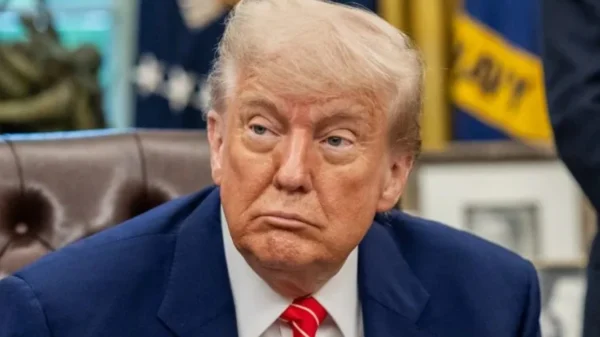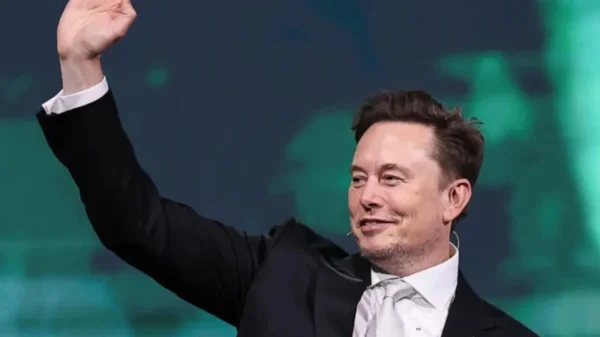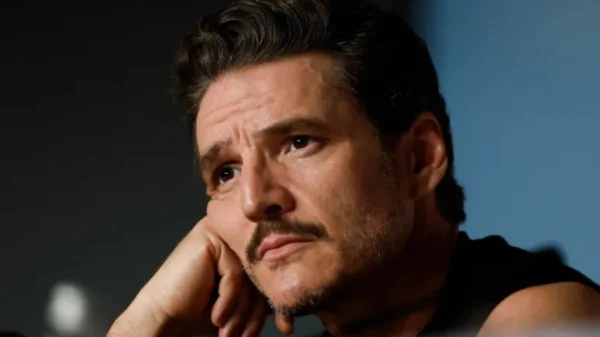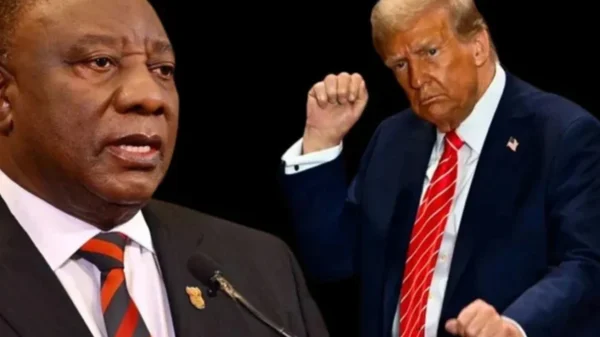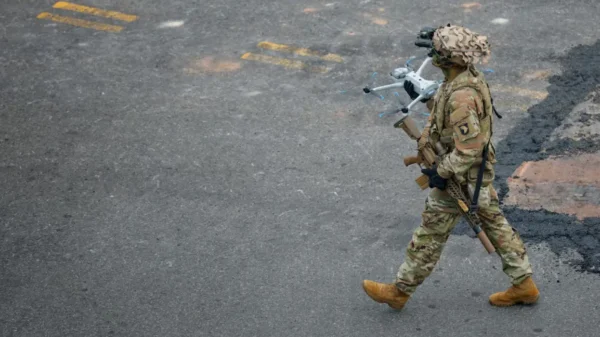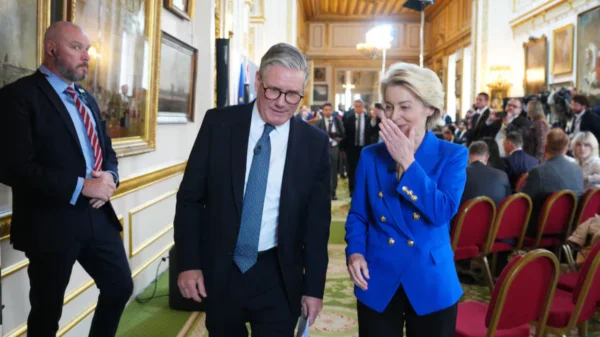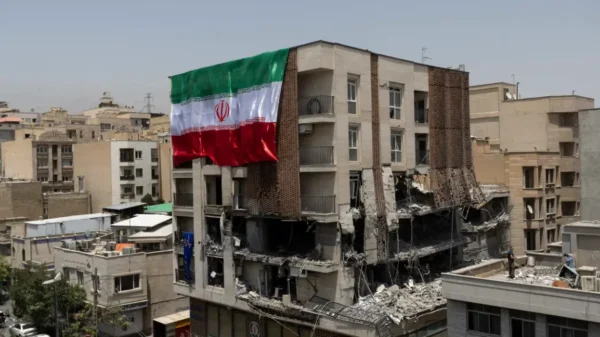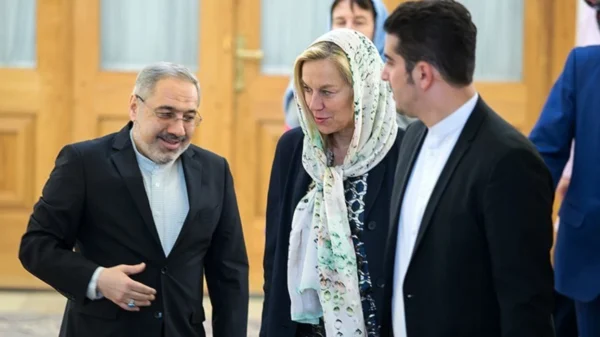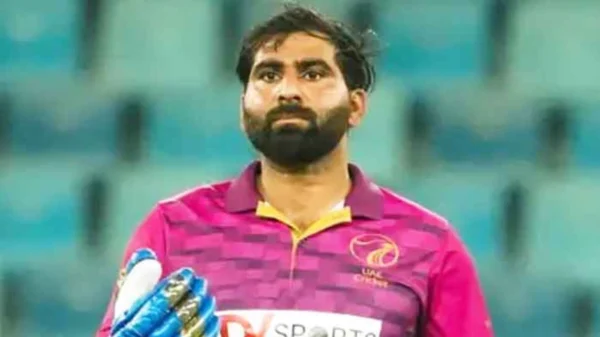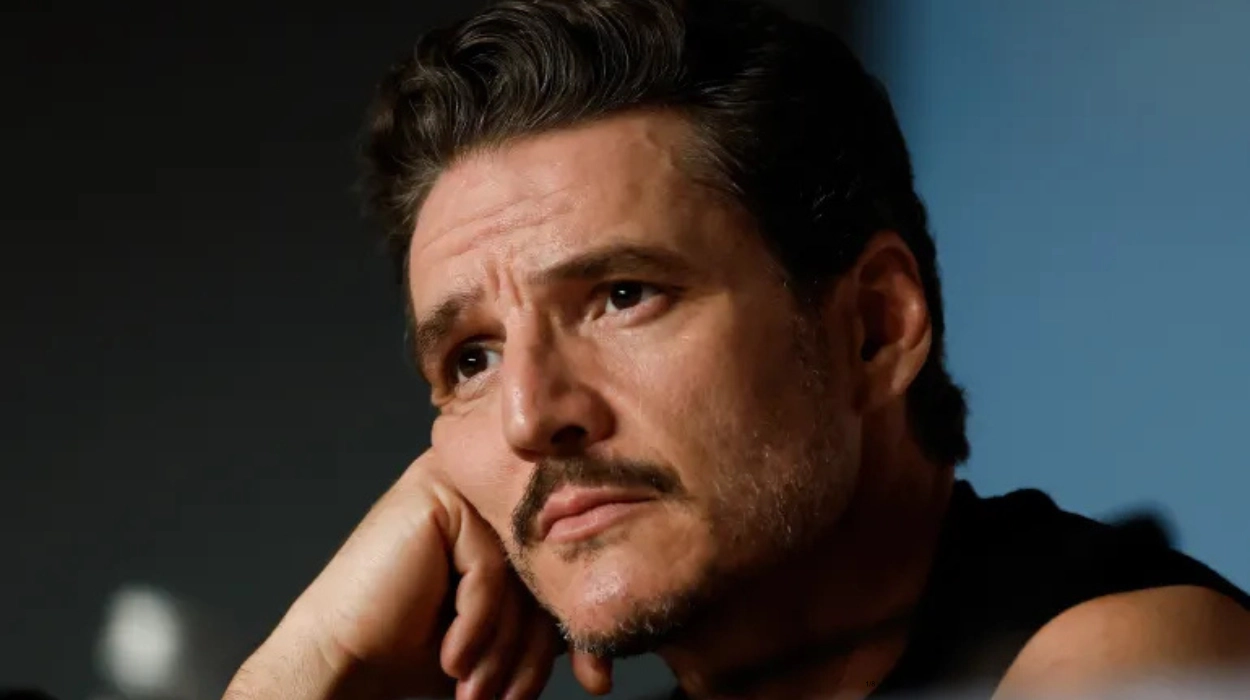At the prestigious Cannes Film Festival, acclaimed actor Pedro Pascal delivered a powerful call to action, urging the festival and the global film community to “fight back” against what he described as increasing political pressure from the United States. Pascal’s remarks have stirred considerable attention, highlighting the intersection of art, politics, and freedom of expression amid ongoing geopolitical tensions.
A Bold Statement on the Cannes Stage
Pedro Pascal, known for his roles in major productions such as The Mandalorian and The Last of Us, used his platform at Cannes to address the mounting influence of US political agendas on international cultural events. Speaking during a panel discussion on the role of cinema in society, Pascal emphasized the importance of artistic independence and urged filmmakers and festival organizers to resist external pressures.
“We must stand firm and fight back against forces that seek to co-opt our art for political gain,”
Pascal declared. He warned that the increasing politicization of cultural platforms threatens the very essence of creative freedom and the global exchange of ideas.
His comments come at a time when the US government has been accused of leveraging its cultural influence to sway narratives and censor voices that challenge its foreign policy positions. Pascal’s appeal resonated with many festival attendees who have expressed concerns over the growing entanglement of politics and art.
Context: Political Pressure on International Film Festivals
The Cannes Film Festival, one of the world’s most prestigious cinematic events, has long been a stage for artistic expression free from political interference. However, recent years have seen heightened scrutiny and pressure from various governments, including the US, to align festival selections and awards with particular political narratives.
Pascal’s intervention highlights the tension between maintaining artistic integrity and navigating the complex web of international diplomacy. The US, as a dominant cultural exporter, wields significant influence over global media and entertainment industries, often promoting content that aligns with its geopolitical interests.
Critics argue that this influence can marginalize dissenting voices and stifle diverse perspectives, especially from countries or filmmakers whose views diverge from US policies. Pascal’s call to resist such pressures is a rallying cry for preserving the autonomy of cultural institutions like Cannes.
The Role of Artists in Political Discourse
Pascal’s speech also underscored the critical role that artists play in shaping political discourse. He asserted that cinema and storytelling have the power to challenge dominant narratives and foster empathy across cultural divides.
“As artists, we have a responsibility to tell stories that reflect truth, complexity, and humanity, not just those that serve political agendas,”
Pascal said. He urged his peers to use their voices to defend artistic freedom and to support platforms that prioritize creative expression over political conformity.
This perspective aligns with a broader movement within the arts community advocating for greater independence from governmental and corporate influence. Many filmmakers and actors see their work as a form of resistance against censorship and propaganda.
Reactions from the Film Community and Beyond
Pascal’s remarks received widespread support from fellow artists and festival attendees. Several directors and actors praised his courage in speaking out, noting that his stance reflects the concerns of many in the industry.
French director Claire Denis commented, “Pedro’s words remind us that cinema must remain a space of freedom and dialogue. We cannot allow political agendas to dictate what stories are told.” Similarly, actress Léa Seydoux emphasized the importance of protecting artistic spaces from external pressures.
On social media, Pascal’s speech sparked a lively debate about the role of politics in art. Supporters applauded his call for resistance, while some critics argued that art inevitably intersects with politics and that engagement with political themes is unavoidable.
The Broader Geopolitical Landscape
Pascal’s call to action must be understood within the broader geopolitical context. The US has increasingly used cultural diplomacy as a tool to promote its values and policies worldwide. This includes funding international film projects, influencing festival programming, and leveraging media platforms.
However, this approach has drawn criticism for blurring the lines between cultural exchange and political propaganda. Countries and artists who resist US influence often face challenges in gaining international exposure or funding.
Cannes, as a global hub for cinema, finds itself at the crossroads of these competing interests. Pascal’s speech serves as a reminder of the festival’s responsibility to uphold artistic freedom and resist becoming an instrument of political agendas.
The Future of Cannes and Artistic Freedom
Looking ahead, the challenge for Cannes and similar festivals will be balancing the realities of geopolitical influence with their commitment to artistic independence. Pascal’s urging to “fight back” is a call for vigilance and solidarity among artists, organizers, and audiences alike.
Festival director Thierry Frémaux has previously emphasized Cannes’s dedication to showcasing diverse voices and resisting censorship. Pascal’s intervention reinforces this mission and encourages ongoing dialogue about the role of film festivals in a politically charged world.
The actor concluded his remarks with a hopeful message: “Together, we can ensure that art remains a beacon of freedom, creativity, and truth.” His words resonate as a powerful reminder of the enduring power of cinema to transcend politics and connect humanity.

